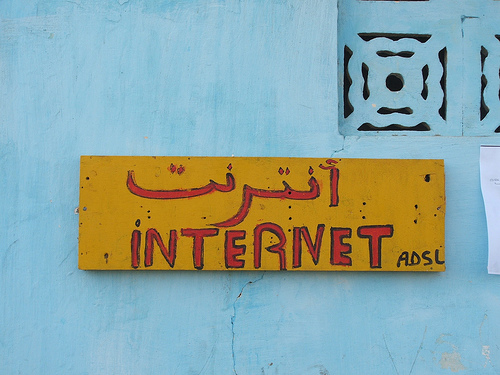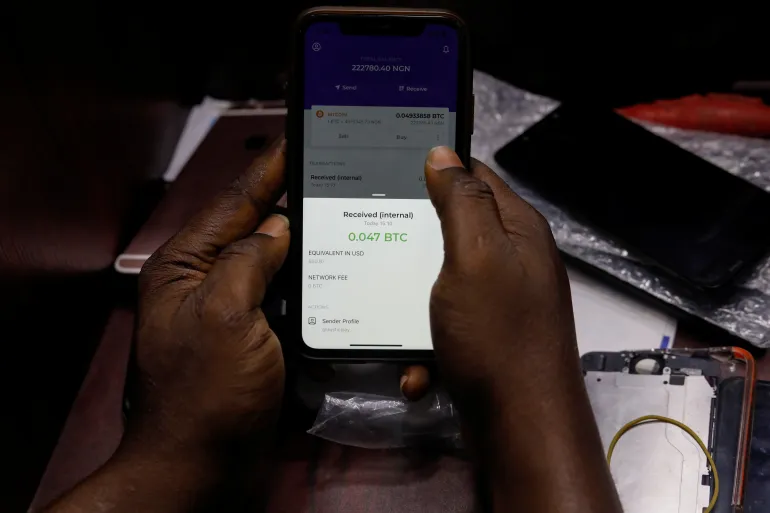One of the recommendations at the A4AI Nigeria coalition event that held last Tuesday (24th November) was to create partnerships between governments, civil societies and companies to optimize policies and regulations around internet access: To discuss policies that will help drive down the cost of access. This is the single goal of A4AI, Alliance for Affordable Internet.
The organization brings together decision makers to debate how the high cost of internet can be driven down and access increased. But to what end? A4AI shared some insight on what benefits are there in more people getting access to the internet:
1: An increase in the combined GDP
According to a study by Intel [PDF], a broader internet access (that includes women) could contribute up to $18 billion to combined GDP of developing countries. This is already visible in Nigeria. Last year the ICT sector contributed $5.4 billion to the country’s GDP.
On the A4AI’s internet affordability index (a composite index measuring internet infrastructure and access), Nigeria climbed eight points to the 11th position out of 51 countries surveyed. This partly explains the increase in the contribution of the sector to the country’s GDP.
2: Reduction in poverty rate
Access to internet could lift 130 million people out of extreme poverty, according to a Deloitte study [PDF]. In Africa, 45 % of the population lives in extreme poverty – survive on less than $2 per day.
The same research shows that an estimated 44 million jobs can be created with access to the internet. Very recently, the increase in the number of startups in Nigeria has opened another stream of employment opportunities for young Nigerian graduates with minimal experience.
3: Reduced infant mortality
According to the same Deloitte research, more than 130,000 infant deaths can be prevented with access to the internet. Basic knowledge, according to the research, can reduce the impact of asphyxia.
4: People living with HIV/AIDS can live longer
Another implication of access to internet, according the Deloitte research is possible increase in life expectancy for more than 2 million people living with HIV/AIDS in Africa. Analyses estimate that increasing health literacy via internet has a positive effect on adherence rate to antiretroviral treatment; therefore increasing the number of those able to manage the disease.















